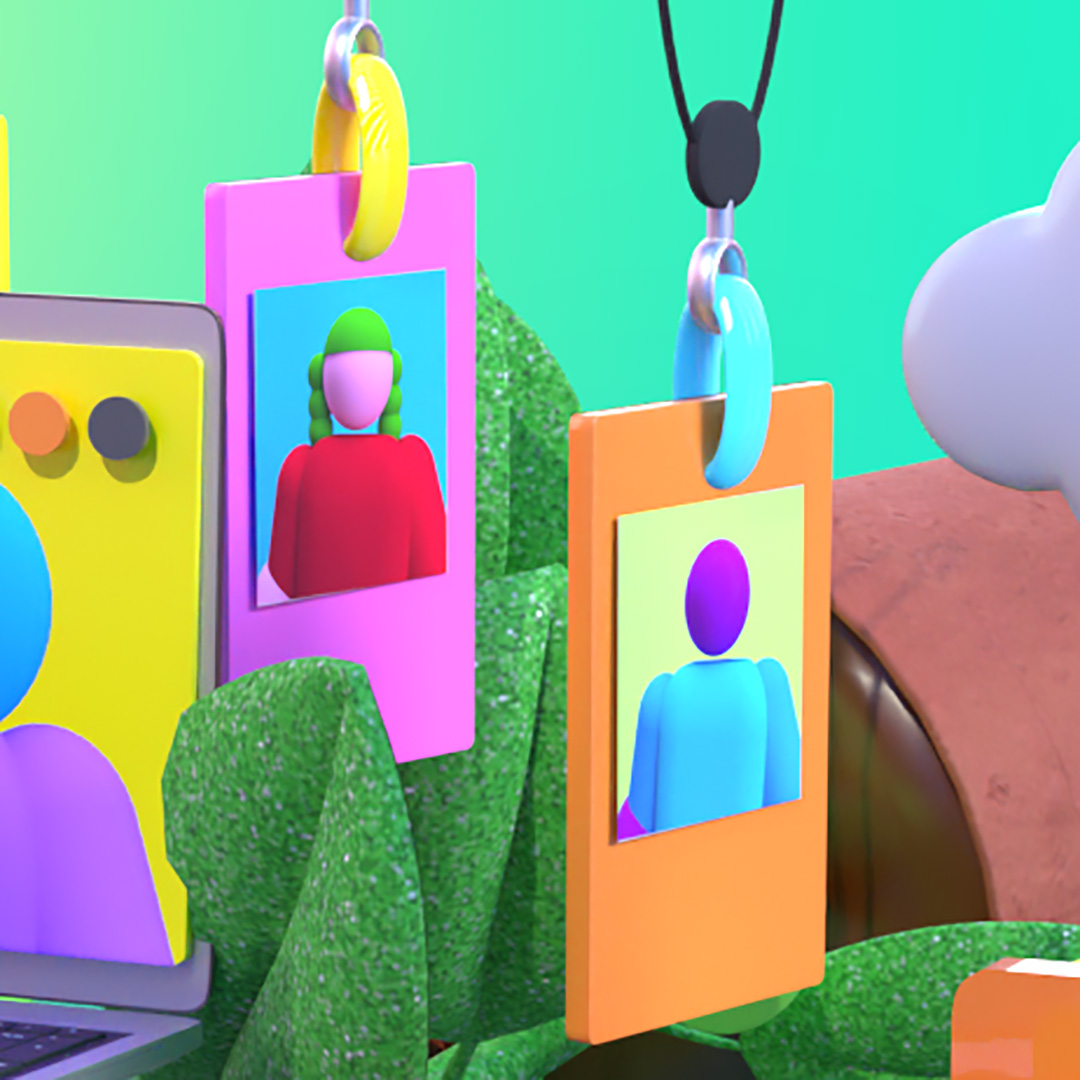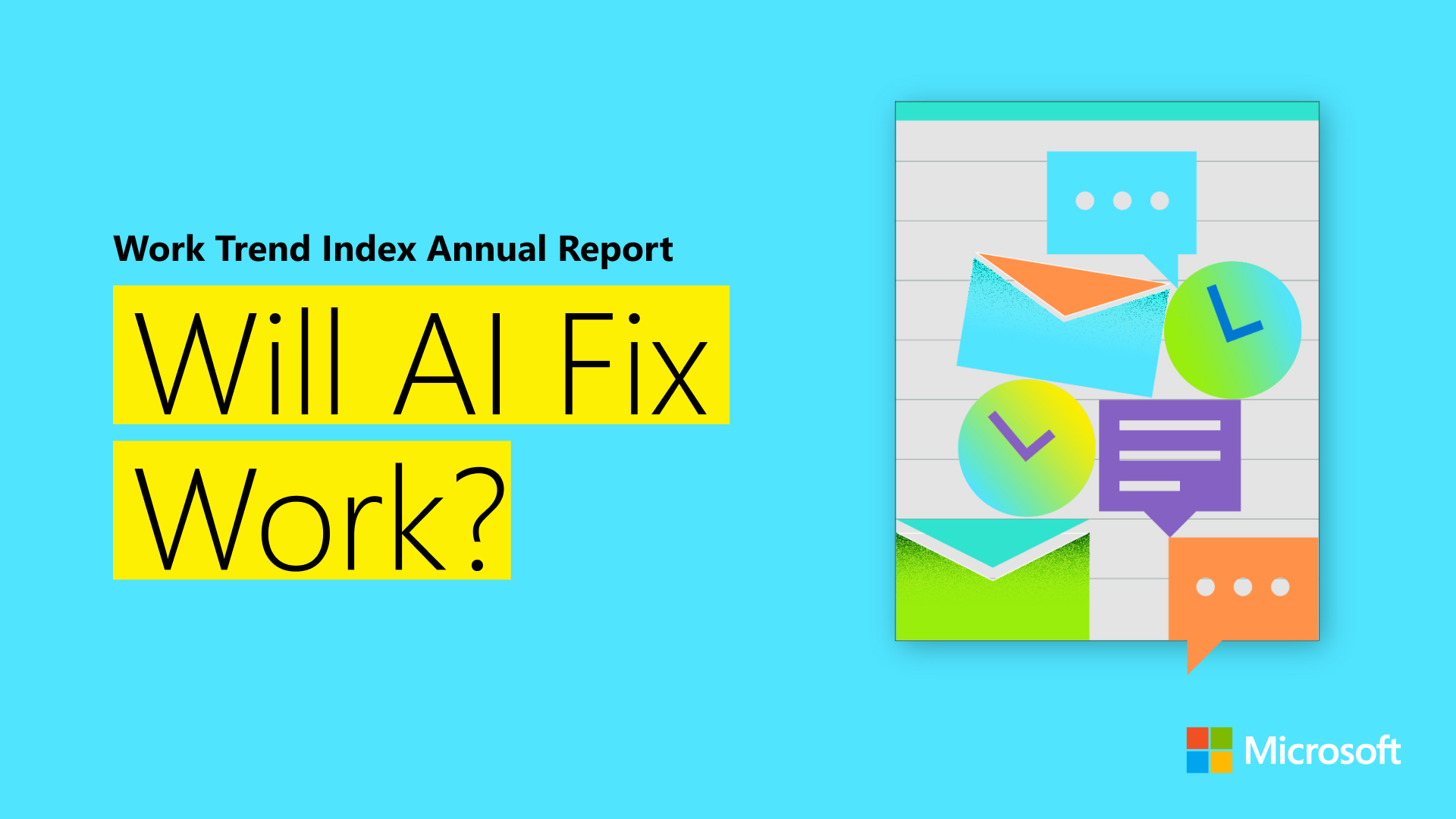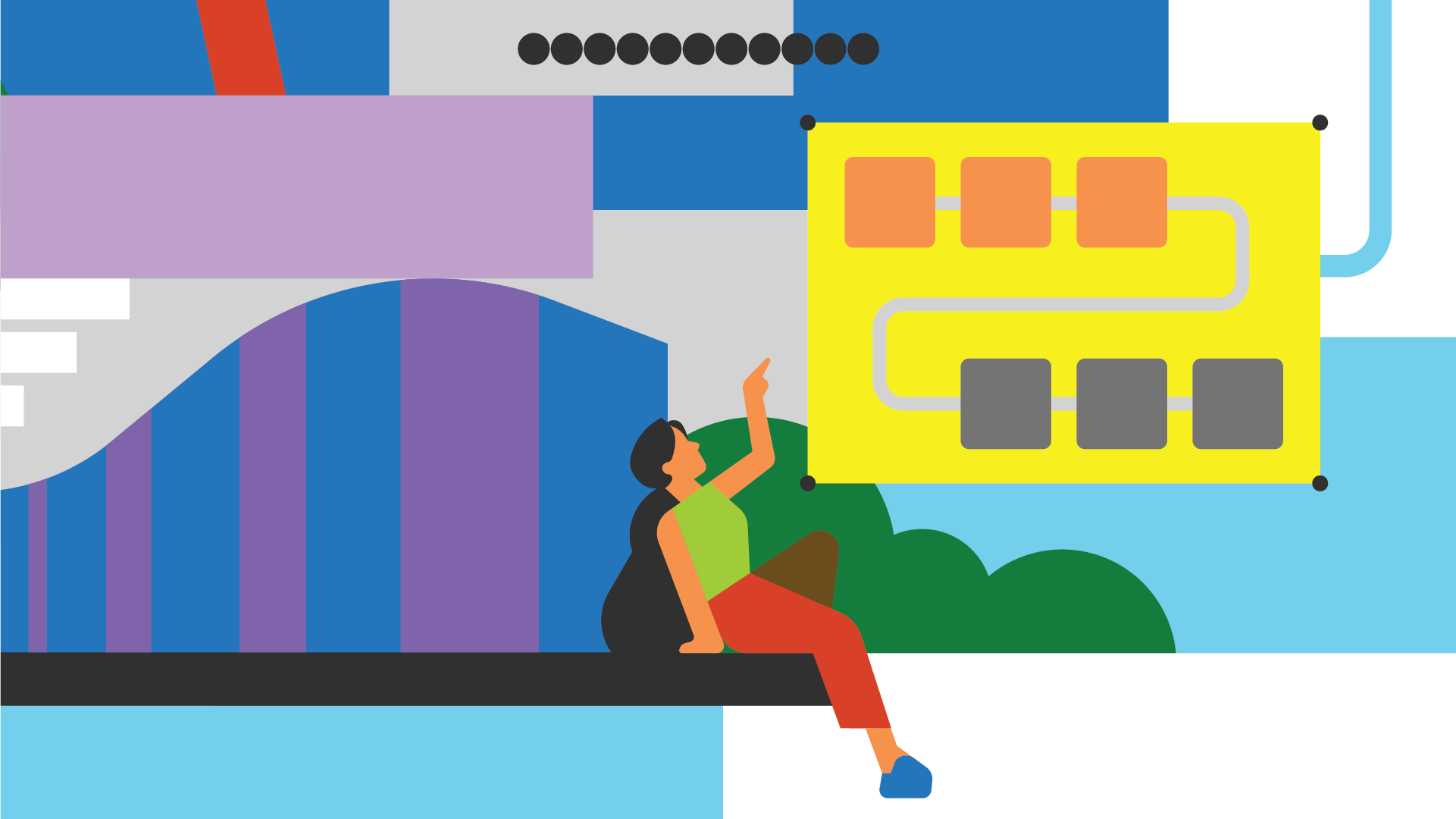This article first appeared in the WorkLab newsletter. Be the first to get our updates by subscribing here.
AI isn’t alive. It’s not sentient, and it doesn’t have hopes or ambitions or plans for an end-of-summer trip to Cabo before the school year starts. But to better understand what it can and can’t do, says Wharton professor Ethan Mollick, it’s useful to think of it as a person.
Generative AI is different from other kinds of software in that it’s good at tasks humans are good at and that, until now, machines have been bad at: writing, making art, analyzing interpersonal dynamics in a meeting. Meanwhile, it struggles with the tasks we've grown comfortable leaving to computers—advanced math, for instance.
That’s why it helps, Mollick tells WorkLab , to interact with it like you would a person. “You have to think of it like an intern,” he says. You can delegate tasks, like “write me a draft of this paper,” and give it feedback to improve: make the intro more succinct, say, or take a more formal tone. You’ll need to onboard and train it to get the most out of its capabilities, giving it context and constraints around its job description. (Like most interns, it can’t read minds.) Give it a point of view at the start of any conversation: You are a social media manager writing LinkedIn copy. You are a product marketer working on a new campaign. You are a coding tutor who is great at explaining Python to students.
It will make errors, and it’s important to point those out and ask it to do better so it can learn and improve. As Mollick writes in his Substack, One Useful Thing , “Unlike a person, the AI never gets discouraged, so you can ask for volume instead of aiming for a single perfect answer: give me 50 marketing slogans, rewrite this paragraph in 10 distinct styles, solve this data analysis problem in as many ways as possible.”
No, AI is not human. But if you understand its strengths and weaknesses just as you might a person’s, you can better tap into its potential.
For more from Mollick, tune in to the latest episode of the WorkLab podcast



